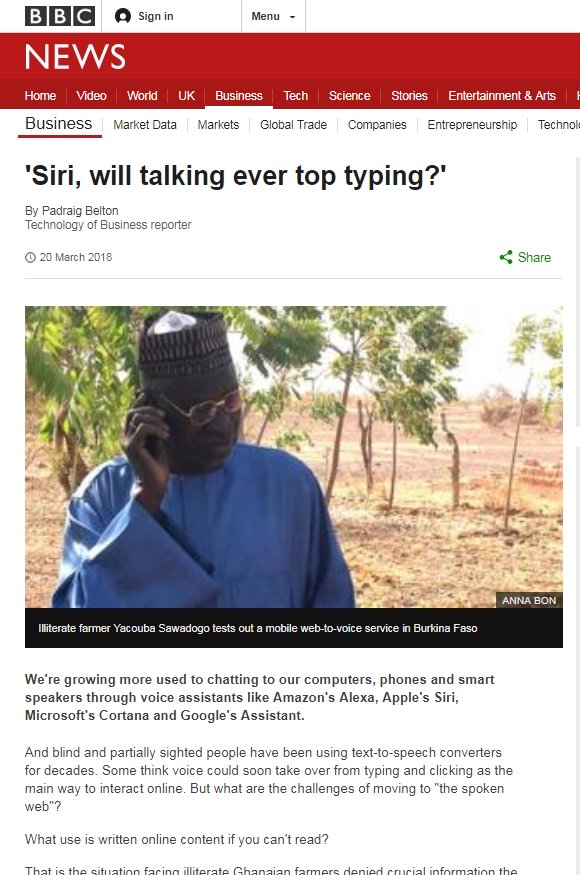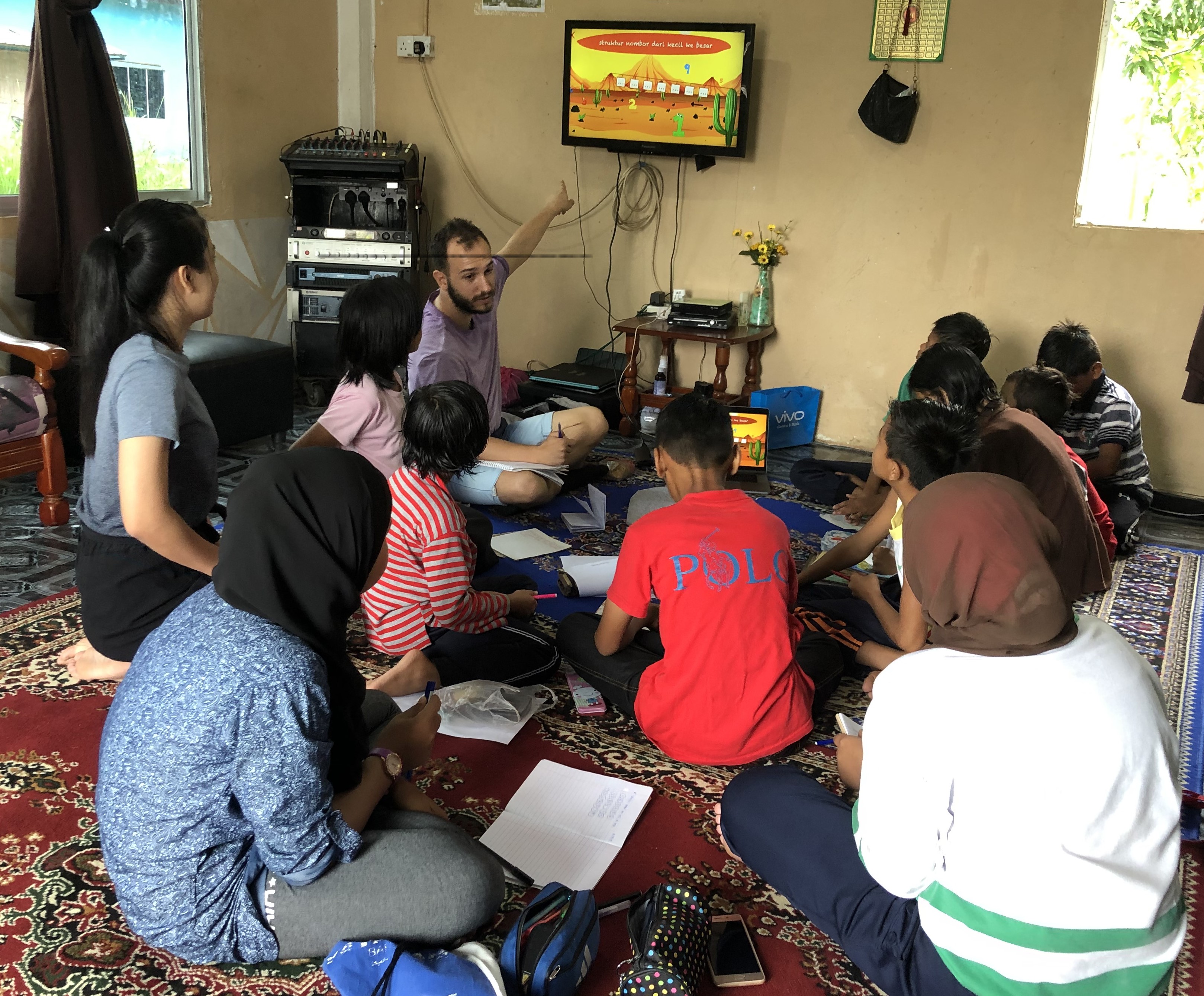The Open International Webinar Artificial Intelligence in & for the Global South – What is AI and what can it be used for? took place online, from 02-04 June 2021, with 145 participants from Asia, Africa and Europe, including master students from VU Amsterdam (Netherlands), UDS (Ghana) and UNIMAS (Malaysia) and Aurora European universities.
This Webinar is part of the international online community service learning course “ICT4D in the Field”, and is part of the Aurora Alliance project in the domain “Digital Society and Global Citizenship”. It is supported by the EU Erasmus+ program for international staff and student mobility between the participating universities Vrije Universiteit Amsterdam, UDS and UNIMAS.
All video lectures in sequence:
André Baart:
“André did a quick-dive into the fascinating world of Artificial Intelligence. We uncover what AI really is and what its advantages may be, by looking into a range of real-life applications. We explain the working mechanisms behind technologies such as Deep Learning and Expert Systems, and discuss when, how and why they are useful to apply.”
Gossa Lô:
“Gossa elaborates on her master thesis research: “Exploring West African Folk Narrative Texts using Machine Learning”. In this research, she conducted a cross-cultural examination of West African and Western European folktales, using Machine Learning and Natural Language Processing techniques. The presentation highlights the usefulness of Machine Learning in analyzing culture-specific information and knowledge captured in natural language.”
As an extra, master student AI, George Vlad Stan pitched a multi-language voice crowdsourcing experiment.
Vlad Stan:
Francis Dittoh:
“Recent years have seen increased interest in ICT solutions for low- resourced environments including Artificial Intelligence (AI) solutions that seek to aid development in both urban and rural areas. There are however major barriers in the implementation of such solutions which need to be actively factored into research and development. I will examine these issues in the context of existing real-world use cases and analyze what bearing this will have on implementations of AI solutions in low-resourced environments.”
Chris van Aart:
“Several tasks that require human intelligence are inhumanly large. By adding human knowledge to traditional ICT systems, we can create a form of artificial intelligence. This talk highlights how to acquire specialist knowledge from experts, how to store specialist knowledge and how to apply them in intelligent software.”
Frank Bennis:
“Machine learning research in medicine is becoming increasingly prevalent and has great potential. However, implementation by clinicians is lacking. We explore the potential of data analytics in medicine, how it can be applied and what hurdles still stand in the way.”
Narayanan Kulathuramaiyer:
“Scientific research involving remote rural communities is often plagued by a lack of understanding of what constitutes Indigenous Knowledge. Through a long-standing community-university partnerships in working with rural communities in the Borneo Malaysian state of Sarawak, we address this concern in presenting directions for shaping digital socio-technical innovation.”
Victor de Boer:
“While Knowledge Graphs (KGs) are practically successful in many domains, the technologies and applications themselves are often not designed or suited for end users in rural, developing areas. I identify three challenges for KGs to be(come) a truly universal way of sharing knowledge. I also discuss current work around poly-vocality of Knowledge Graphs in representing cultural heritage data.”
Annette ten Teije:
“Composing computer-interpretable clinical guidelines has already many advantages like identifying inconsistency, ambiguities, missing information. Finding such anomalies improves the quality of guidelines. In this talk I show also how computer interpretable guidelines can be used for finding interactions between guidelines. This is important for treating people with multiple diseases.”
<
Jaap Gordijn:
“The promise of blockchain technology is reducing the role of the middleman in ecosystems. Digital middlemen, such as Facebook, Google, WeChat, etc., take very powerful positions. We argue that for the benefit of society, these centralized ecosystems should be organized in a fairer way. In the Global North, the power position of centralized middlemen seems hard to address; the Global South offers opportunities as such middlemen are less present. We introduce the concept of blockchain and how it can help to build decentralized fair ecosystems.”
This last talks ends an awesome 3-day Webinar, about a timely, advanced and societally oriented theme: “AI in and for the Global South”, brought together by experts from academia and industry, from different disciplines and perspectives: and most importantly: from three different continents: Asia, Africa and Europe.
Unleashing the Power of Artificial Intelligence: Redefining the Future
Welcome to TheAIRevolution.com, your trusted source for all things related to artificial intelligence (AI). Today, we explore the transformative potential of AI and its impact on various aspects of our lives.
The Rise of Artificial Intelligence
Artificial Intelligence has rapidly emerged as a game-changer in the digital era. It refers to the development of computer systems that can perform tasks that typically require human intelligence, such as speech recognition, problem-solving, and decision-making. As AI technologies continue to evolve, their applications are becoming increasingly prevalent across industries and sectors.
Empowering Social Media
Social media platforms have embraced the power of artificial intelligence to enhance user experiences, personalize content, and streamline operations. AI algorithms analyze vast amounts of data to understand user preferences and deliver tailored content, ensuring that we see posts and ads that align with our interests. These platforms also leverage AI to detect and filter out spam, offensive content, and fake accounts, making social media a safer and more enjoyable space for users.
If you want to boost engagement and visibility on your YouTube channel, services like you can buy YouTube services from TheMarketingHeaven.com can be invaluable. These services help increase likes, views, and subscribers, ultimately attracting a larger audience and creating a positive impression for your content.
Transforming Industries
The impact of artificial intelligence extends far beyond social media. Various industries are leveraging AI to revolutionize their operations and drive innovation. In healthcare, AI is enabling early disease detection, personalized treatment plans, and the development of advanced medical devices. In finance, AI algorithms analyze market data, detect patterns, and assist in making informed investment decisions. AI-powered chatbots have also become commonplace in customer service, providing quick and efficient support to users.
Moreover, AI has sparked advancements in autonomous vehicles, smart home technology, and even space exploration. With the ability to process and interpret vast amounts of data at unprecedented speeds, AI has the potential to reshape the world as we know it.
Addressing Ethical Considerations
As AI continues to evolve, it is crucial to address ethical considerations surrounding its development and deployment. Issues such as data privacy, algorithmic bias, and job displacement need careful consideration. Striking the right balance between technological progress and ethical guidelines is essential to ensure that AI benefits society as a whole.





